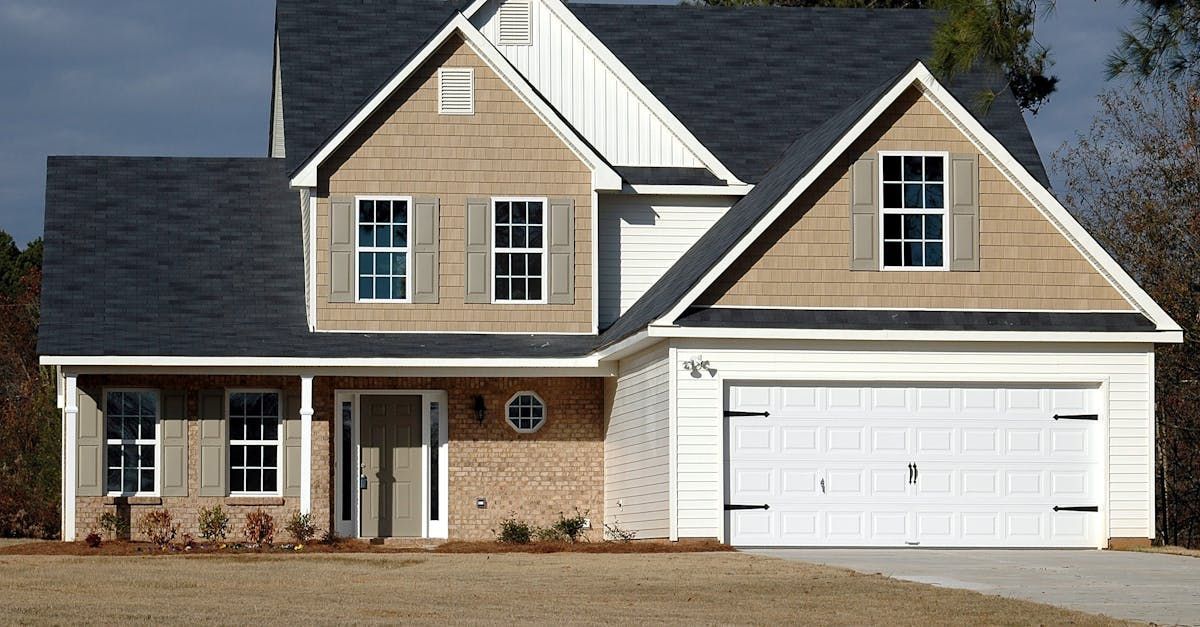What can home insurance cover?
Protecting your home and so much more

Why Home Insurance is Essential: Protecting Your Most Valuable Asset
For most people, a home is not just a place to live but also one of their most significant financial investments. Protecting this asset is crucial, and that's where home insurance comes into play. Home insurance provides financial protection against various risks, ensuring that your home and belongings are safeguarded. In this blog post, we'll explore what home insurance covers, why it's important, and tips for choosing the right policy.
What Does Home Insurance Cover?
Home insurance policies typically offer several types of coverage to protect both the physical structure of your home and the contents within it. Here are the main components of home insurance:
1. Dwelling Coverage
Structure Protection: Covers damage to the physical structure of your home caused by covered perils such as fire, storms, hail, or vandalism.
Attached Structures: Includes coverage for attached structures like garages and decks.
2. Personal Property Coverage
Contents Protection: Covers personal belongings such as furniture, electronics, clothing, and appliances in the event of damage or theft.
Off-Premises Coverage: Some policies extend coverage to personal property when it is temporarily away from home, such as while traveling.
3. Liability Coverage
Personal Liability: Protects you against legal claims for bodily injury or property damage to others that occur on your property or as a result of your actions.
Medical Payments: Covers medical expenses for guests injured on your property, regardless of fault.
4. Additional Living Expenses (ALE)
Temporary Housing Costs: Covers living expenses such as hotel bills and restaurant meals if you cannot live in your home due to damage from a covered event.
5. Other Structures Coverage
Detached Structures: Provides protection for other structures on your property, such as sheds, fences, or detached garages.
Why Home Insurance is Important
1. Financial Protection
Home insurance provides crucial financial protection against unexpected events that could otherwise result in significant financial loss. Whether it's damage from a natural disaster or a liability claim, having insurance ensures that you're not left shouldering the full cost of repairs or legal expenses.
2. Peace of Mind
Knowing that your home and belongings are protected gives you peace of mind. You can rest easy knowing that if disaster strikes, you have the resources to rebuild and recover.
3. Mortgage Requirement
Most mortgage lenders require borrowers to have home insurance as a condition of the loan. This requirement protects both the homeowner and the lender by ensuring that the property can be repaired or rebuilt in the event of damage.
4. Protection Against Liability
Accidents can happen, and if someone is injured on your property, you could be held liable. Home insurance provides coverage for legal fees and settlements, protecting your financial assets.
5. Coverage for Personal Belongings
Home insurance extends beyond just the structure of your home; it also covers personal belongings inside. This includes protection against theft, damage, or loss of valuable items.
Tips for Choosing the Right Home Insurance Policy
1. Assess Your Coverage Needs
Evaluate your home's value, the cost to rebuild, and the value of your personal belongings to determine the amount of coverage you need. Consider additional coverage for high-value items like jewelry or art.
2. Understand Policy Exclusions
Familiarize yourself with what is not covered by your policy. Common exclusions include damage from floods, earthquakes, and certain types of water damage. You may need to purchase additional coverage for these risks.
3. Shop Around
Compare quotes from multiple insurance providers to find the best coverage at the most competitive price. Consider the reputation and customer service of the insurance company in addition to the cost.
4. Consider Deductibles
Choose a deductible amount that fits your financial situation. A higher deductible can lower your premium, but ensure that you can afford the out-of-pocket cost if you need to file a claim.
5. Review Your Policy Regularly
As your life circumstances change, so do your insurance needs. Review your policy annually or after significant changes, such as renovations or the purchase of high-value items, to ensure your coverage remains adequate.
Conclusion
Home insurance is a vital component of financial security for homeowners. It provides essential protection against unexpected events, offers peace of mind, and is often a requirement for mortgage lenders. By understanding your coverage needs and choosing the right policy, you can protect your most valuable asset and ensure that you're prepared for whatever life may throw your way. Don't wait until disaster strikes—invest in home insurance today to safeguard your home and future.
Recent posts


